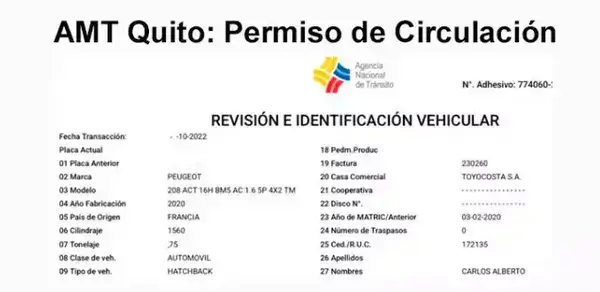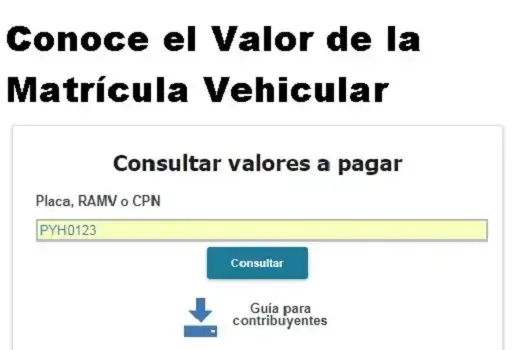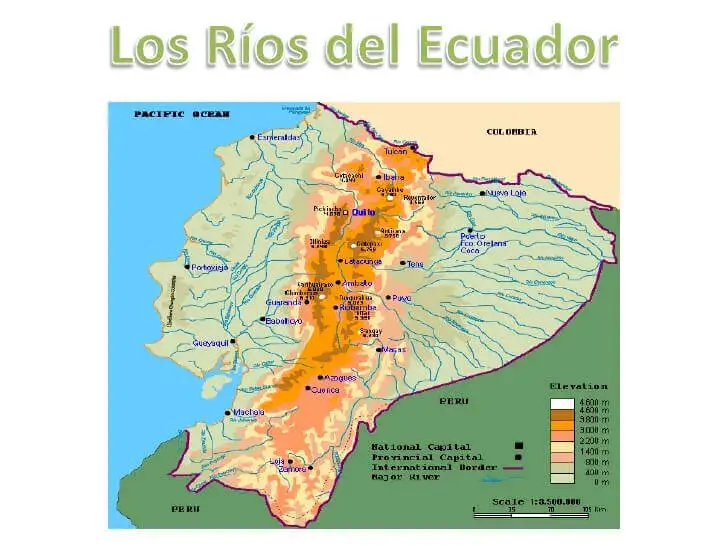With national unity under stress, premiers back a budget fix to help oil-rich provinces
Canada’s premiers emerged from a day of meetings Monday united and with a list of demands for Prime Minister Justin Trudeau that includes a more generous federal health transfer and a radical rethink to the fiscal stabilization program that helps provinces facing a short-term cash crunch.
The premiers gathered in Toronto to meet after a fractious federal election campaign that returned a minority Liberal government with no representation from Alberta and Saskatchewan, two resource-based provinces that have been grappling with a commodity price slump that has blown out big fiscal holes.
The premiers are proposing Ottawa bolster the stabilization program to help cover some of those budget shortfalls by removing per capita limits on the money available to provinces. The premiers also said Ottawa should consider retroactive payments from such a program to make the provinces whole.
The current program, which is administered by Finance Minister Bill Morneau, provides financial assistance to any province faced with a year-over-year decline in its non-resource revenues greater than five per cent.
However, the money available to eligible provinces is capped at just $60 per resident — something Alberta Premier Jason Kenney says is inadequate given the size of the budget deficit the province is facing after oil prices cratered. Last year, Alberta tapped just $250 million from the program while Newfoundland and Labrador received about $8 million. Lifting the cap would flow more money to provinces in need.
«This is a tremendous moment of solidarity,» Alberta Premier Jason Kenney said. «I have been trying to convey to Albertans that we are not alone or isolated in the federation. There are provincial and territorial governments that get what we’re going through and understand our ask for a fair deal.»
«The fact that these colleagues have put a spotlight on one particular issue [fiscal stabilization] that means a lot to those of us who are going through a period of prolonged downturns — it means a lot to us,» Kenney said.
Moe seconded Kenney saying he was thankful that premiers agreed to endorse a program that could help his province. «The people of Saskatchewan are very appreciative of your efforts here today,» he said to other premiers.
«Alberta, Saskatchewan and Newfoundland and Labrador are in very difficult circumstances with the rapid drop in oil and resource revenues and we’re all asking the federal government to improve this program to provide more support to those provinces,» Quebec Premier François Legault said.
Ontario Premier Doug Ford said while the 13 provinces and territories may have their differences, Canada is united. «We’re a united nation. When some of the provinces are struggling we’re all there. We’re going to be there, we support them, and we’re going to have their backs. It wasn’t too long ago Ontario was taking equalization,» Ford said.

Beyond the stabilization fix, the premiers have also agreed to ask Ottawa to bolster the country’s economic competitiveness by «improving» Bill C-69, the Liberal government’s controversial overhaul of the environmental assessment act. The premiers want Ottawa to exempt some projects that fall under provincial jurisdiction — most importantly in-situ oilsands projects in Alberta — from a mandatory federal review.
The federal Liberal government has said it would consider exempting new oilsands developments if Kenney maintains a cap on emissions from the sector.
The premiers said Canada must continue to develop its natural resources in a «responsible manner and ensure access to markets for Canada’s products» — a thinly-veiled reference to pipeline projects that will carry Canada’s oil and gas to markets abroad.
While B.C. Premier John Horgan and Legault have long opposed some pipeline developments, the two said Monday that the meeting was not focused on divisive issues.
Horgan said B.C. would continue to pursue legal action against the Trans Mountain pipeline expansion, which has been approved twice by the federal Liberal government and is now owned by a federal Crown corporation. Legault has said he’d oppose a project like the now-defunct Energy East, which would have carried diluted bitumen from the West through Quebec to Saint John, N.B.
On the economic front, the premiers also demanded Ottawa tackle protectionist measures in the U.S., so-called «Buy America» provisions that prioritize U.S. companies for major infrastructure projects to the detriment of Canadian businesses, but also the ongoing softwood lumber dispute that has hurt provinces like B.C. and New Brunswick among others.
Premiers say health care is in crisis
The premiers said health care in Canada has reached a crisis point and the federal government needs to do much more to help provinces pay for their largest budget line item.
The premiers said Ottawa should lift the current health care spending growth cap — set at three per cent each year — to help provinces.
They said the Canada Health Transfer — the money the federal government sends to the provinces and territories to help them pay for health care — should grow by 5.2 per cent a year to better address mounting costs in the sector as the country’s population ages.
Increasing the growth rate by that amount — a growth rate the independent Conference Board of Canada has suggested would lead to a more equitable cost-sharing agreement — would cost the federal treasury about $1 billion more a year in transfers.
Manitoba Premier Brian Pallister said health wait times have grown over the last three years, according data from the Canadian Institute for Health Information, and Canadians are waiting far too long for surgeries like hip and knee replacements because Ottawa has been slow to send more money to the provinces.
Pallister said Ottawa should park its plan for a national pharmacare plan and instead focus on improving the country’s existing health care system.
«Don’t start broadening health care when you can’t get it right now. Start by getting that right,» Pallister said.
The Liberal campaign platform pledged $6 billion over four years in new health spending, with funding earmarked for boosting the number of doctors, a move toward a pharmacare program and an improvement to mental-health services.
If the federal government is determined to move forward with pharmacare, the premiers said the program should be co-developed with the provinces and territories.
The communique also stipulated that federal transfers should include opportunities to opt out with full financial compensation. Kenney said Monday he’d do just that if Ottawa develops a pharmacare program.
(PDFKB)
(TextKB)CBC is not responsible for 3rd party content






